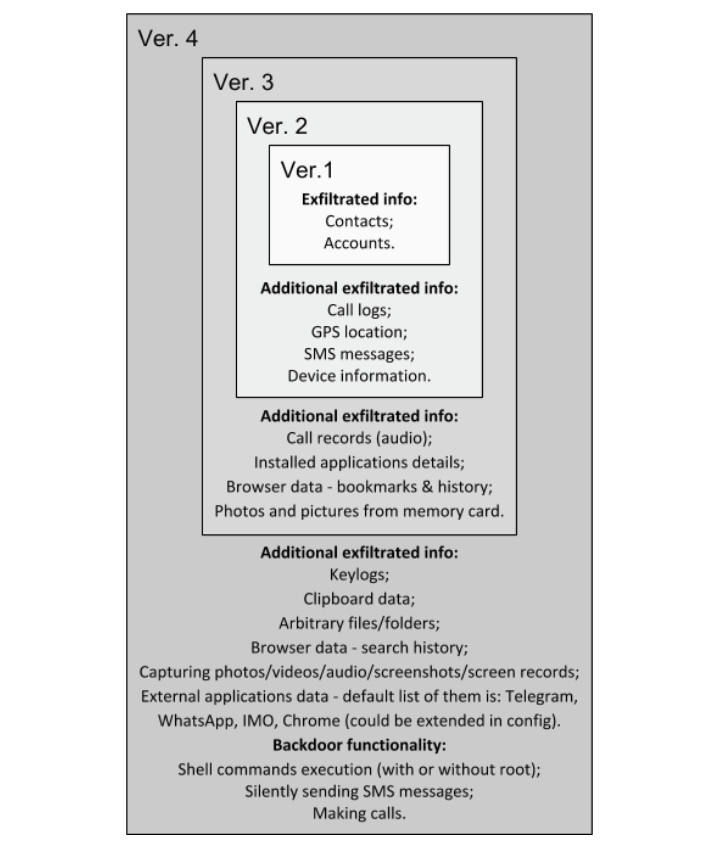How to send a WhatsApp chat without saving the contact
WhatsApp is one of the most popular applications. It makes communication as simple as adding the correct number of anyone in the world and voila, that’s it. However, it can be somewhat annoying that in order to message someone, you always have to first add that person in your address book, but there are so many occasions where you just want to communicate with someone for a couple of messages and nothing else.
That’s why many third-party apps take care of this simple task for you. It shouldn’t be that difficult to send messages through WhatsApp without saving the contact. The problem is that these apps can compromise the security and functionality of your smartphone. They might also be incompatible with certain operating systems.
To help you resolve this issue, we’ll show you how to send messages through WhatsApp without having to add the contact to your address book. And best of all, this method doesn’t require that you install other apps and it works for both iOS and Android operating systems.
The Process:
This process may at first glance seem somewhat confusing for users who are not very experienced using their smartphone. But once you complete the process one time, it will be a piece of cake every time after that.
- Open your preferred browser on your smartphone.
- Type the following link in the search bar: https://api.whatsapp.com/send?phone=XXXXXXXXXXX (In place of the Xs type the phone number of the person you want to contact, including the country code, but without the + sign.)
- That means that if the person has a Nigerian number (with the +234 prefix), it would look something like this: https://api.whatsapp.com/send?phone=2348038657737
- Press ‘enter‘ on your smartphone.
- A WhatsApp window will open asking if you want to send a message to that phone number. Press on ‘send message‘.
- You will automatically be redirected to WhatsApp with the ‘start chatting‘ window to the person you entered in your phone.



